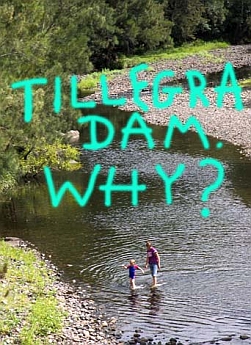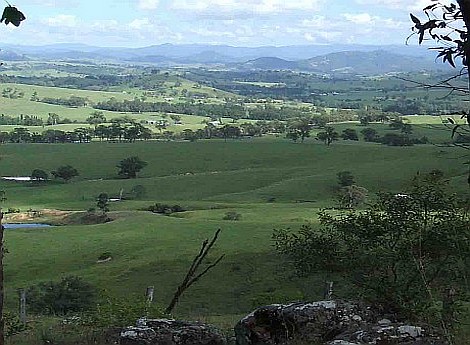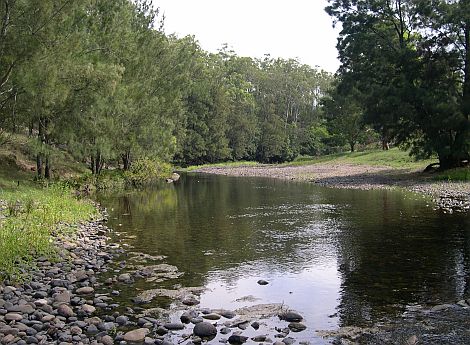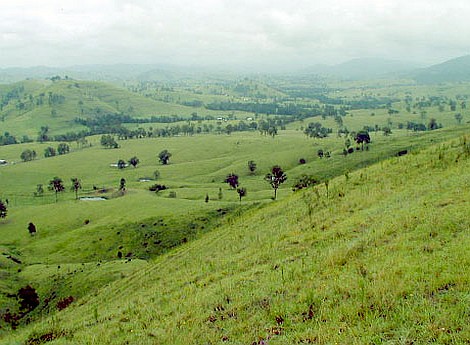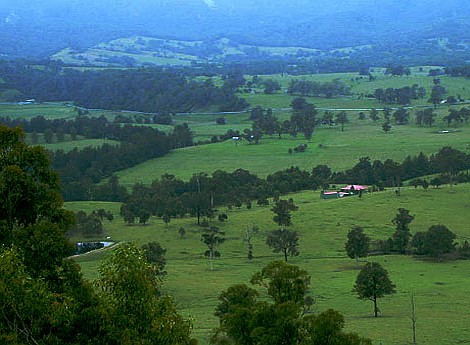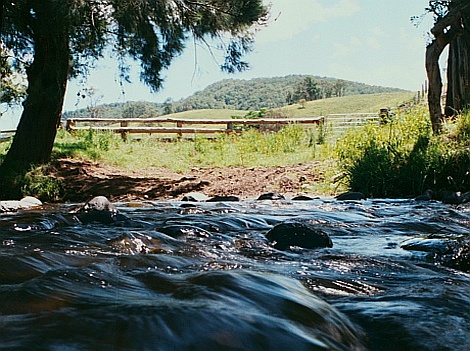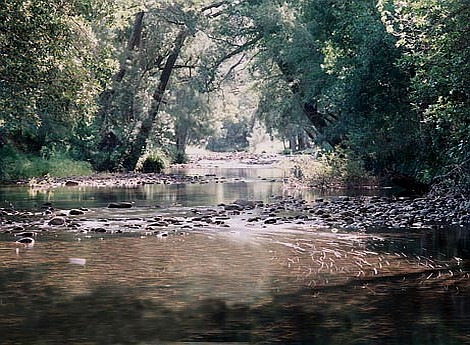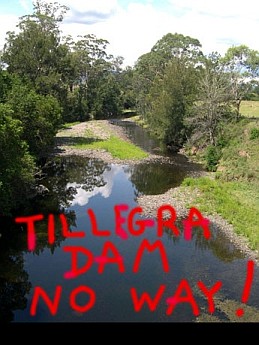The Bad Business of Tillegra Dam
The Hunter Business Chamber hypocritically supports the building of Tillegra Dam. Investing in the Tillegra Dam seems to me to break all the rules the Chamber would apply for responsible business management.
I run a small business. Hunter Water’s business is very much larger but we both play by similar rules. We make sure we can supply what our customers want. We are accountable to our customers. We keep up with the trends. We borrow to expand and we are careful to invest in the business only what we are confident will offer a good return. Thus we stay afloat and make our profits.
Hunter Water is blessed with a region of generous and relatively reliable rainfall: a drought only once every twenty years or so in the Chichester Dam catchment, the worst less than eighteen months long in the 1960s. Newcastle has had been virtually free of water restrictions since the 1980s. It has all been just as the customers want. A good supply/demand balance, and healthy profits passed on to the State Government every year. Excellent business.
There were few complaints from Hunter Water’s customers, and a sound Integrated Water Resource Plan kept the business humming. By mid-2006 Hunter Water had plans for moderate expansion of supply through the Stage 3 enlargement of Grahamstown Reservoir. Of particular note was its “every drop counts” policy, a slogan familiar to all. Hunter Water’s entreaties promoting domestic water conservation and industrial water waste management were well respected. It was managing its business wisely.
Then the State Government announced that Tillegra Dam would be built and everything changed. Without consultation, Hunter Water’s customers would be paying for a dam for which they felt no need. Customer trust began a nosedive.
Setting aside environmental and social considerations, at Hunter Water the major questions as a business operator are how to pay for infrastructure expansion, and how to turn a profit from it? As a public utility it must provide a service. But its ledger must stay in the black, or instead of returning a profit to the State Government it will be begging for a bail-out. Can Tillegra be a profitable investment? Consider the balance sheet.
First, the Tillegra project involves up-front expenditure of around $500 million, but almost a quarter of that spending goes on a by-pass road construction with no possible economic return on that part of the investment. It is a less-than-ideal start.
The second problem is that as water prices go up demand tends downward, even as population increases. We customers are getting smarter in our water usage. As energy costs escalate also, we’ll grow even more shy of those long hot showers. “Every drop counts” we’ll say to our children. Industry will follow the same mantra. The Independent Pricing and Regulatory Tribunal puts limits on ever-higher pricing. Revenue will go to debt repayment, not the State’s coffers. Bad business.
Third, and most critically, Tillegra as a business investment is poorly advised. Hunter Water’s Managing Director Kevin Young argues we may face longer and more severe droughts. Yet from the CSIRO, the Bureau of Meteorology and the NSW Department of Environment, Climate Change and Water there has been no such assertion. Newcastle University’s meteorologist Martin Babakhan states it unequivocally: Climate change for this particular region – including the catchments for Chichester and Grahamstown – shows no indication of bringing longer or more severe periods of drought. Who would risk a $500 million investment in production when there’s no clear need for the product?
Consultants Sinclair Knight Merz have assessed that in 2025, allowing for population growth and climate change, with Hunter Water’s existing two reservoirs the lower Hunter would have a one in sixty-three chance of Level 2 water restrictions (meaning reservoirs would be down to 50% capacity). In a year-long drought every twenty years or so Hunter Water might sell some Tillegra water rather than let other reservoirs drop below 50%. But then for a decade or two Tillegra reverts to a large storage of an expensively collected product with no-one needing to buy it. The chance of a crippling debt for a dam we can do quite comfortably without is disturbingly high. And interest rates are rising….
There is, for the State and Hunter Water, far less business risk in small diversified investments in improved water management than in the big spend on Tillegra Dam. It is this line of argument the Hunter Business Chamber should be supporting.
Ken Rubeli
Wangat
